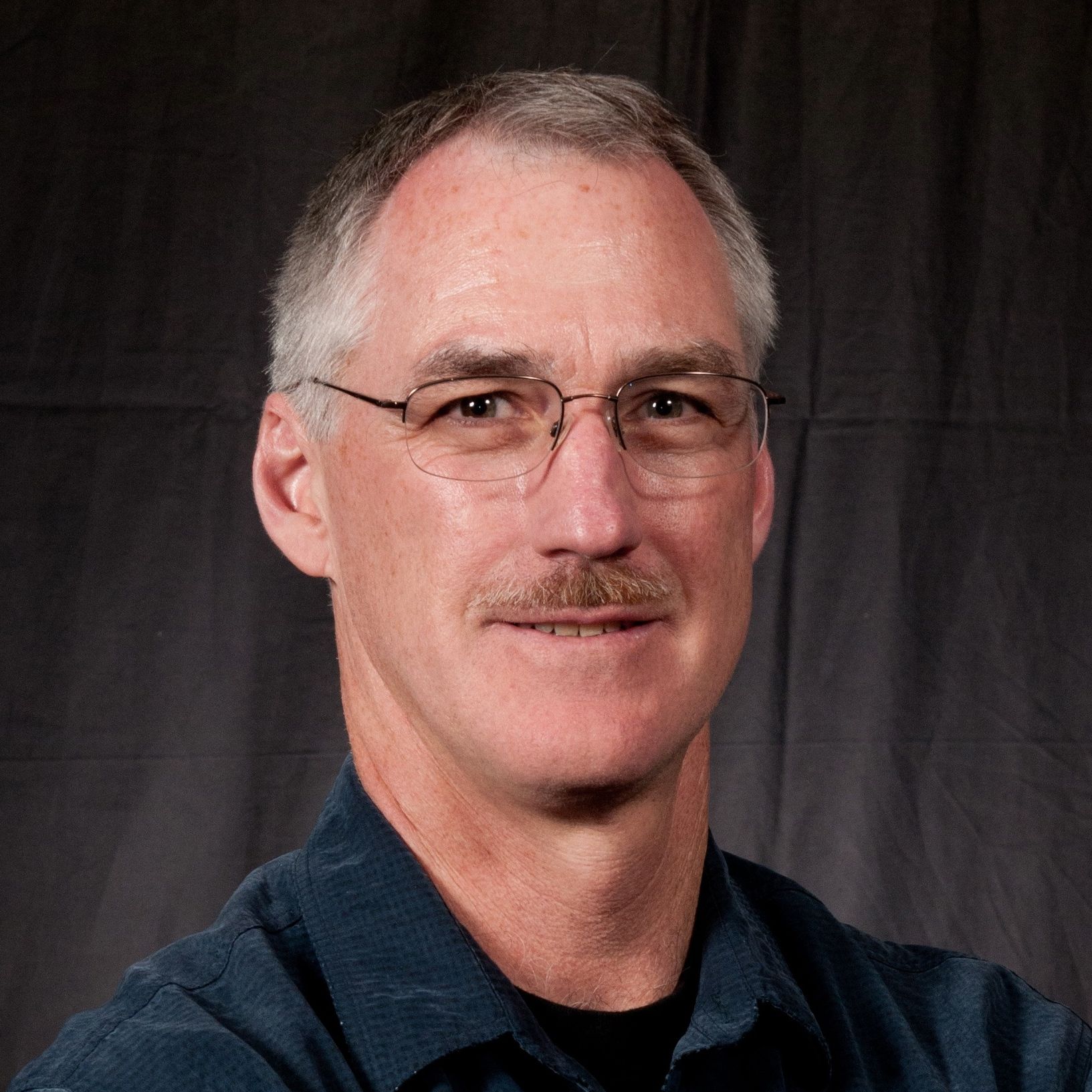
Abstract
In 2007, Barroso and Ho ̈lzle presented a case for energy-proportional computing that has transformed the design and energy-efficiency of computer servers and modern data centers. However, their original definition does not characterize the energy-efficiency profiles of recent highly-configurable servers, resulting in non-intuitive "super-proportional" behavior. In this talk, I introduce new definitions of "ideal" energy-proportional computing targeting both the design of new servers and optimal operation of existing ones. I then introduce new metrics for energy efficiency, including an extension of the well-known Power Usage Effectiveness (PUE) metric that characterizes how efficiently the power delivered to the server is actually used. This metric leads to an ''Iron Law of Energy Efficiency" which decomposes computational energy into that wasted due to poor utilization (i.e., load levels too high or too low) or poor configuration for a given load (e.g., running at the wrong DVFS level). Finally, I discuss mechanisms and policies that can help current and future systems run computations closer to their ideal efficiency.
Biography
Prof. David A. Wood is a Professor in the Computer Sciences Department at the University of Wisconsin, Madison. He also holds a courtesy appointment in the Electrical and Computer Engineering Department. Dr. Wood received a B.S. in Electrical Engineering and Computer Science (1981) and a Ph.D. in Computer Science (1990), both at the University of California, Berkeley.
Dr. Wood is an ACM Fellow (2005) and IEEE Fellow (2004), received the University of Wisconsin's H.I. Romnes Faculty Fellowship (1999) and Vilas Associate (2011), and received the National Science Foundation's Presidential Young Investigator award (1991). Dr. Wood is an Associate Editor of ACM Transactions on Architecture and Compiler Optimization, serves as Past Chair of ACM SIGARCH, served as Program Committee Chairman of ASPLOS-X (2002), and has served on numerous program committees. Dr. Wood is an ACM Fellow, an IEEE Fellow, and a member of the IEEE Computer Society. Dr. Wood has published over 70 technical papers and is an inventor on thirteen U.S. and International patents, several of which have been licensed to industry.
Dr. Wood co-leads the Wisconsin Multifacet project with Prof. Mark Hill which is exploring techniques for improving the performance and energy efficiency of homogeneous and heterogeneous multiprocessor servers.